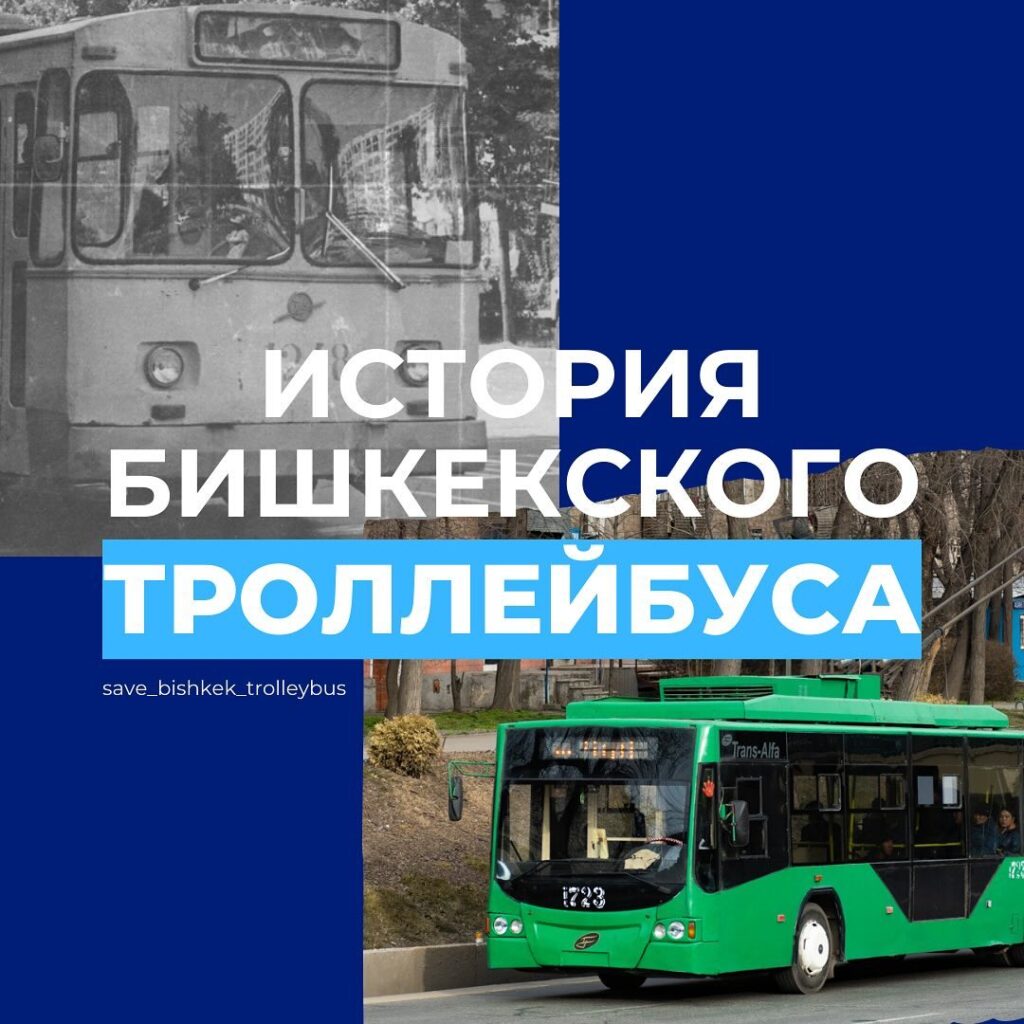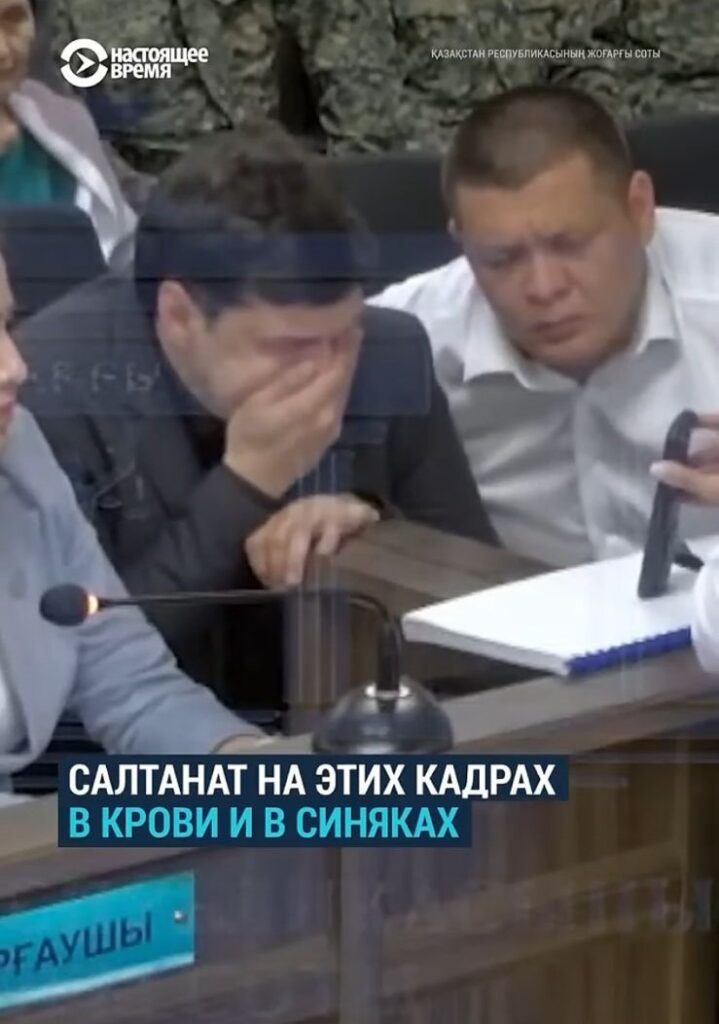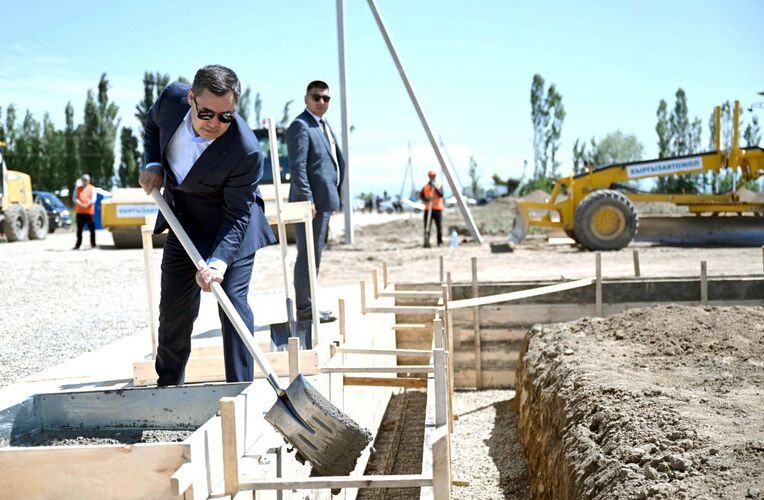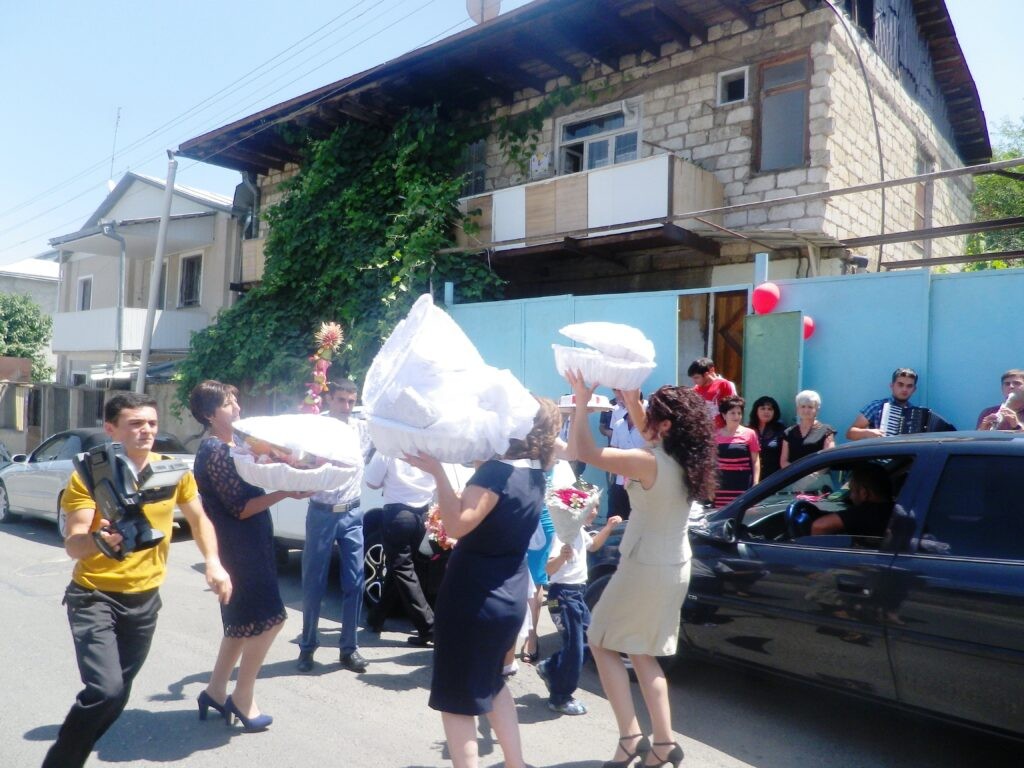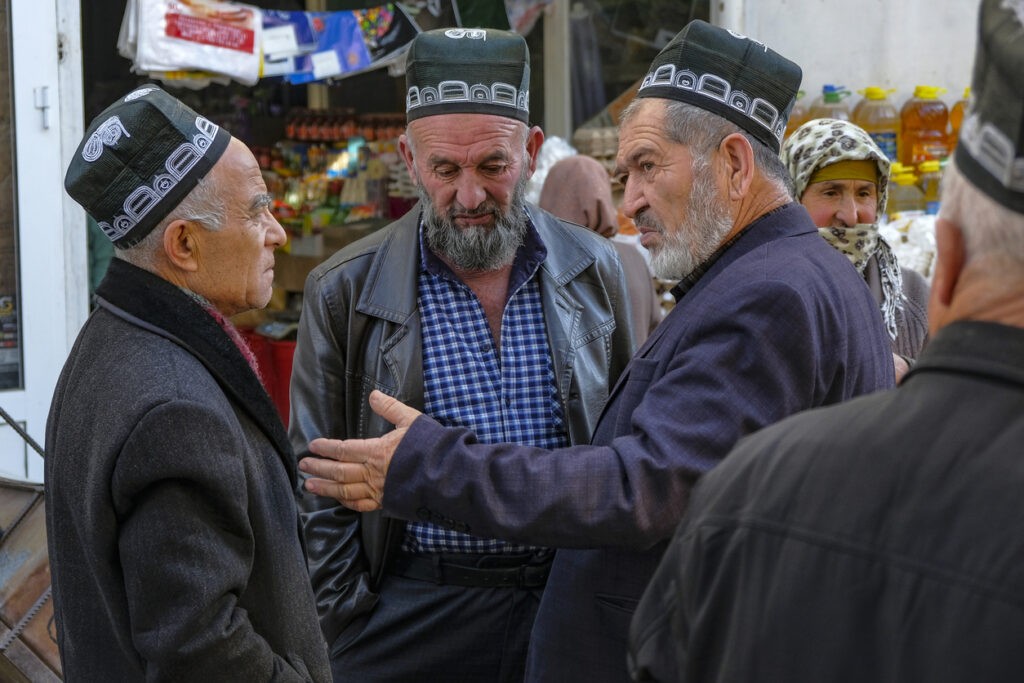The trial of Kuandyk Bishimbayev, accused of murdering his common-law wife, Saltanat Nukenova, is coming to an end with the verdict now in the hands of the jury. The trial has resonated widely in Kazakhstani society, but according to Gulmira Ileuova, a sociologist and head of the public foundation, Strategy: Center for Social and Political Research, Kazakhstan still has a long way to go to successfully fight abusive relationships. Ileuva commented on the case in an interview with the Times of Central Asia.
TCA: In Kazakhstan, Bishimbayev’s trial has received a huge amount of attention, and Nukenova’s death is being discussed at home and abroad, with rallies being held in her memory. Moreover, a law toughening penalties for domestic violence has recently been passed. Will that help to radically change the situation with violence to which thousands of Kazakhstani women are subjected every year?
Ileuova: It seems to me that Bishimbayev’s trial has influenced some categories of people – those who are ready to listen and draw conclusions. But society in a broader sense will not be overtly affected by this situation. Specialists are watching the trial, examining the behavior of lawyers, prosecutors, and other participants. Conclusions are also being drawn that the arguments used by the defense remain childish, infantile. Public opinion attributes to Bishimbayev’s lawyers, let’s say, the moral image of Bishimbayev himself.
Psychologists will also draw conclusions: about problems with upbringing, family relations, etc. But in general, the feeling is that of a show having been created, captivating the audience, and making [the audience] terrified or delighted. Emotional swings are created, adrenaline is produced, and accordingly, people watch and get involved. But I doubt that there has been a profound shift in society against the backdrop of the trial. There needs to be a lot of additional activities, outreach, to tie the new law on domestic violence, in particular, to direct practice.
Just the other day, the wife of a Kazakhstani diplomat appealed to the authorities for protection, saying that her husband had been torturing her for years and had beaten her again. This particular man did not draw any conclusions from Bishimbayev’s story, including concerning his own actions. This official should have realized that the president was one of the most active initiators of the law on domestic violence.
Of course, further public reaction will also be influenced by the expected decision of the court in the Bishimbayev case. If the principle of the inevitability of punishment and changes in the judicial system are demonstrated, there will be a certain shift. However, for now it is perceived mainly as a show. There is still an educational effect [only] in a small segment of society.
TCA: Why doesn’t society perceive such clear signals? Why isn’t there a shift to zero tolerance for domestic violence?
Ileuova: We want change too fast, which is hardly possible because the inertia within society is huge. If women are sold for kalym (bride price or dowry), then they are still seen as a commodity. For example, in this system of relations, a woman herself agrees to tokalization (“tokal” is a traditional institution of so-called junior wives, usually not in a registered marriage). She might say: “I won’t be able to find someone, anyway. I will be a second wife. Let my children be [perceived as] illegitimate; let me be outside the legal system, but I will get something.” As soon as women accept this position, they became a commodity, an object for sale. Kalym, arranged marriages, religious marriages – all of these don’t raise the status of women.
In the past, women with a higher education were highly valued; they were ready workers, contributing to the family and the economy of the state. Now, when a woman is most often seen as a machine for childbearing, when large families are so valued and supported by the state, why does she need an education? The elites are ahead of the curve in this process, as they always have been. We are perplexed – how could this happen – because Bishimbayev studied abroad, was a minister, how could he do such a thing? But there are many proverbs saying that a woman should be beaten, and then she will be “properly brought up”. And today, we are reviving traditions, but these traditions include those that support archaic relationships in families.
TCA: Indeed, perhaps it is Bishimbayev’s station as a well-educated former minister and businessman which is so shocking.
Ilueova: So, for society this is the story of a young childless couple with feelings and passions. The typical story of family violence is about a mother of five children being beaten and killed in a remote village, and for some reason people are not horrified by this ordinary tragedy. But here we see a former minister and a beautiful young woman astrologer, city dwellers from the upper stratum of society. Their lives and tragedy are statistically more interesting. And the fact that in ordinary families [women are] killed – well, that’s everyday life.
TCA: But the new law affects everyone equally, can it change anything?
Ilueova: On the one hand, of course, the law is correct and necessary. On the other hand, the possibility of withdrawing a statement about violence on the part of the victim will now work differently, and where will this lead? In regions where archaic traditions are strong, the abused woman usually lives with her husband’s family, with his parents and other relatives. If the abuser goes to jail, where will she go? Her children can be taken away from her, the family will pressure her… How will the law be applied in practice in such a case? Most of the affected women don’t have the economic means to change their place of residence. The law doesn’t provide for a protection order; protection and support centers are extremely insufficient, i.e., it’s not yet possible to ensure the safety of the victim and her children. There are fears that the number of hidden cases of violence may increase now the penalties are tougher; that knowing the consequences, women will be even more afraid to report their husbands. In fact, it is necessary to address not only abusers, but also their victims, so their economic helplessness doesn’t provoke permissiveness. Thus, there’s still much to be done to make the new law fully-operational and change attitudes in society.
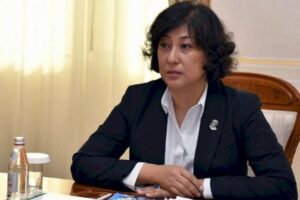
Gulmira Ileuova, image: vecher.kz


